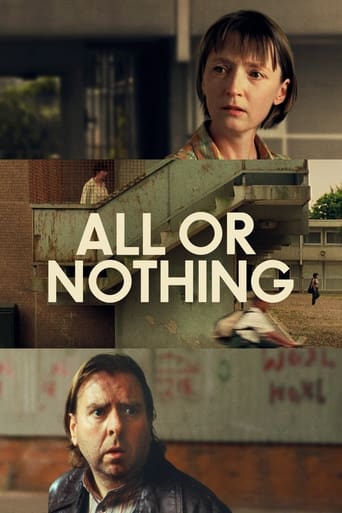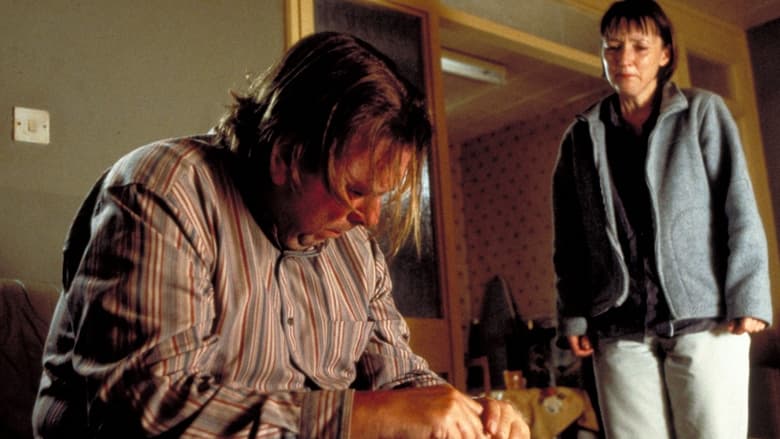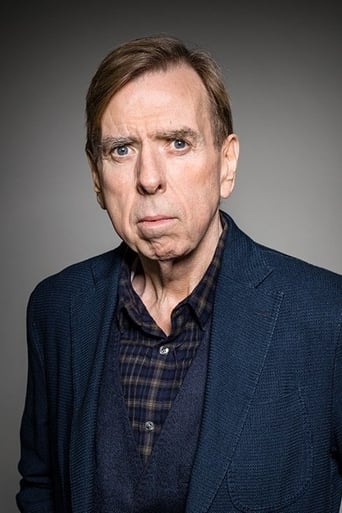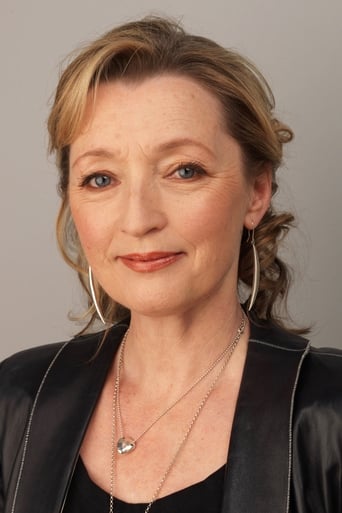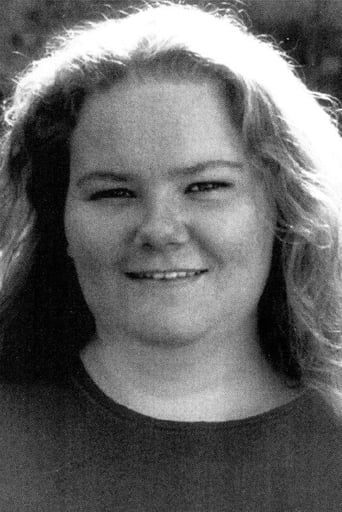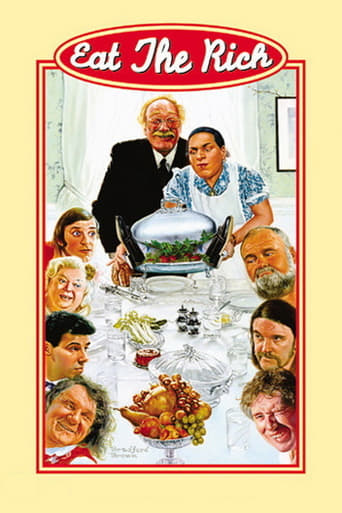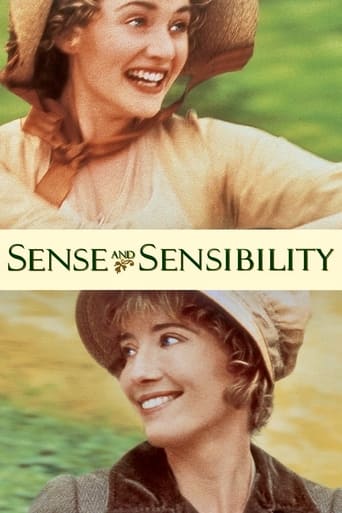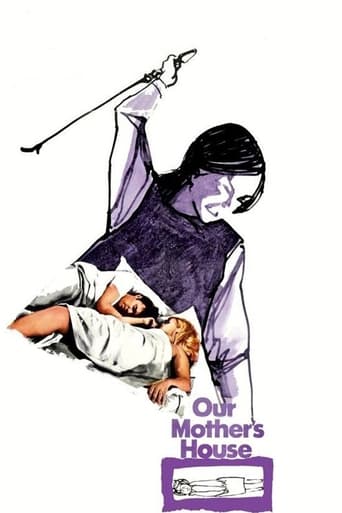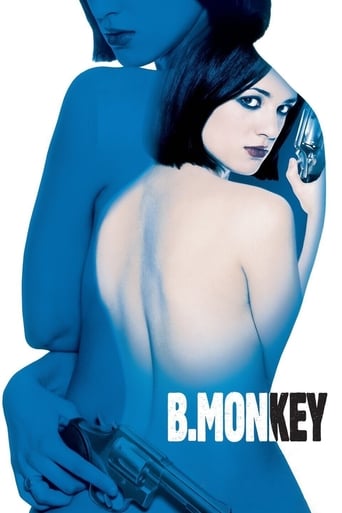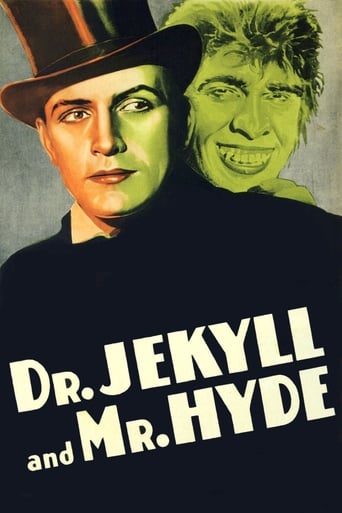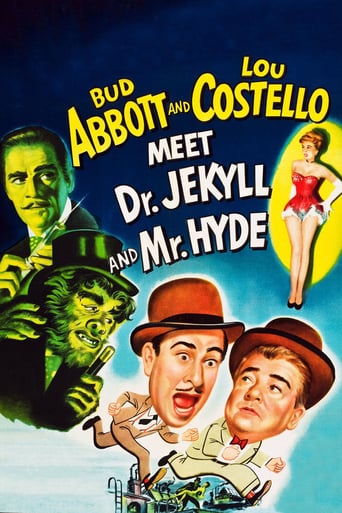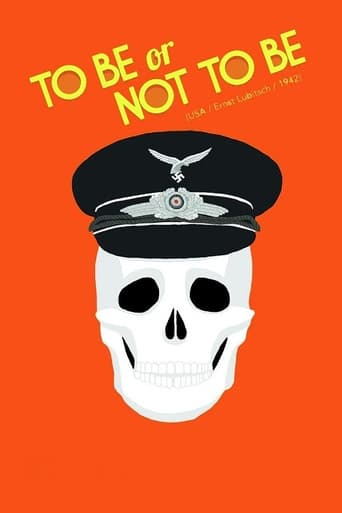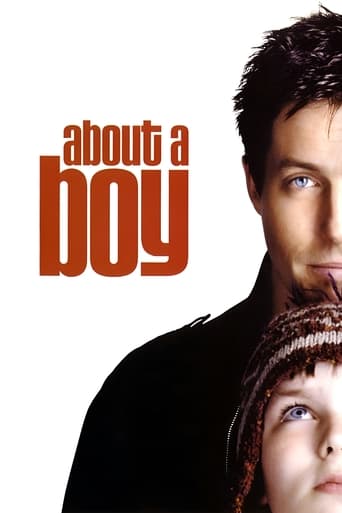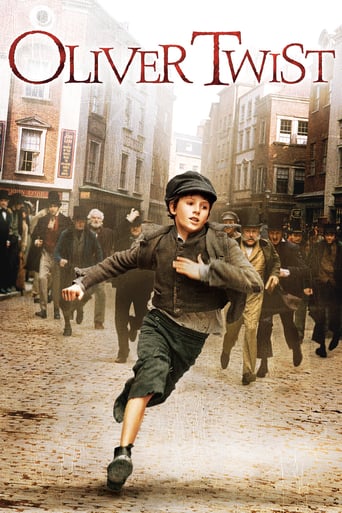All or Nothing (2002)
Penny works at a supermarket and Phil is a gentle taxi-driver. Penny’s love for Phil has run dry and they lead joyless lives with their two children, Rachel, a cleaner, and Rory, who is unemployed and aggressive.
Watch Trailer
Cast


Similar titles
Reviews
I love this movie so much
Just what I expected
This is a tender, generous movie that likes its characters and presents them as real people, full of flaws and strengths.
A great movie, one of the best of this year. There was a bit of confusion at one point in the plot, but nothing serious.
Aside from Naked, I've been left disappointed in Mike Leigh's films and all for the exact same reason – sub plots and sub characters that are more interesting than the main plot & characters but don't get developed and are left as loose ends.This has been a reoccurring theme in the 3 Mike Leigh films I have watched recently (All or Nothing, Meantime and Life Is Sweet). In each case, there are characters and sub plots that come along and start to look interesting but just as they seem to be going somewhere, they are forgotten about as the main characters & storyline take over for about the last 20 minutes and everything else is just left unresolved. I have finished each of these films thinking "why??!" What is even more perplexing is that the sub plots and sub characters are usually more interesting than the main plots & characters. But even if they weren't, it's not very good writing or film making to start a storyline and just leave it mid air. It doesn't make any sense and yet it seems to be a theme in his films.Aside from that, I struggled to enjoy All or Nothing. James Cordon's character was great and interesting, but the remaining 3 family members were dull, weak, mopey and annoyingly subordinate. I found the reconciliation between the wife and husband at the end to be weak and unconvincing.I wish there had been more time spent on the 2 trashy girls who live in the same block of flats. Both them and their families were a lot more interesting.
Phil Bassett is a London taxi driver, his wife Penny is a checkout worker at a local grocery, his daughter Rachel is a janitor in a nursing home, and his overweight son Rory eats and watches TV. The Bassetts live in a tenement where there seems to be precious little going on beyond a quarrelsome existence. Director Leigh offers an intimate look at the London working class. With three incomes in the family it seemed to me that the Bassetts should be doing better than what is shown, for example should it be necessary for Phil to visit family members in trying to scrape up enough to pay his monthly taxi dues? The mood is downbeat with the family kept down by a sense of hopelessness that manifests in much familial tension and bickering. However, I came to care about these people as I got to know more about them.The movie is not without humor. Phil has a philosophical bent, perhaps coming in part from his having seen such a wide range of personality types among his taxi fares, a few of which are shown. When a friend complains of having had a car accident Phil comments that it could have been a good thing, since the guy might have gone ahead to run over a child. There is a scene that has Phil giving a ride to an upper class French woman, a scene that is both funny and touching. The woman subtly interrogates Phil about his life and we get to know him a little better. How Phil reacts to a fare that does not pay is also revealing. But the most poignant scene has Phil checking out and heading to a beach. As he looks out over the water we understand that he is longing for happy times past.Ultimately an event happens that has the potential effect of shocking this family out of its dysfunction. So, the movie ends on a somewhat upbeat note.The actors are up to the task--I felt like a voyeur dropping in a a real family. Movies like this have a humanizing effect.
Mike Leigh can always be counted on when it comes to presenting truthful, emotional and compelling British cinema. Over the past twenty years, he has progressed beyond the limitations of cosy teatime telly to present us with something that resonates with a sense of reality far more potent than that of our previous king of kitchen-sink despair, Ken Loach. When at his best, Leigh is a creator of honest and heartfelt, slice-of-life pictures that move effortlessly from scenes of warm humour, to moments of crippling despair; whilst always offering us a collection of characters that are viewed through the eyes of a central protagonist who, during the course of the film, undergoes a series of life shattering episodes that will eventually change their lives for better or worse. Given these characteristics, All or Nothing can be seen as a continuation - or even amalgamation - of his earlier films, Life is Sweet, Naked and Secrets and Lies.However, what with it's collective of quiet souls racked with melancholy and unable to express any kind of heartfelt emotion (until those all important final scenes) it could be argued that All or Nothing is closest in tone to Leigh's very first film, the aptly titled Bleak Moments (only with the borrowed council flat locations of his other classic film, Meantime). The characters here are as affecting as I've ever seen in any other film (Leigh's included), whether it be the central performance of Timothy Spall as the emotionally pensive, though deeply philosophical London cab-driver Phil, or even the supporting players Alison Garland, Ruth Sheen, Paul Jesson, Sally Coker, et al, who watch from the balconies as a sort of low-rent Greek chorus, whilst bringing to the film a look of tired dejection that could only have come from a life built on years of failure, heartache and disappointment. It's certainly not a feel good film, with many of the ensemble ending up worse off than when the film began, with the themes and notions of loneliness, love, desire, obsession and escape all weighing upon the characters like rain clouds that are rarely broken by the slightest sense of hope.Some could argue that Leigh leaves a lot of questions unanswered with this film, with the improvised nature of his work meaning that many characters seem to be building to something (as they probably were, sub-textually) that we never get to see. However, as I see it, this merely serves to make the film more interesting and believable, with many characters ending the film with that real sense of daily uncertainty; as though Leigh is trying to suggest that although this chapter is finished, tomorrow brings more of the same, and the problems yet to be dealt with now will simply rear their ugly heads at a later date. If anything, this makes the film even more downbeat, with ideas and characters lingering long after the credits have rolled, which if nothing else, proves just how powerful and affecting this film really is. As I noted before, this is a greatly compelling piece of work, regardless of it's bleak misanthropy. Leigh's control over the idea of an improvised story is at it's strongest with this film, as he ably moves away from the limited scope of Life is Sweet or the meandering despair of Naked to present us with a picture that is gauged somewhere in between the two.The narrative arc is traditional in structure, with the story building gradually to a grandstand emotional confessional from Phil to his long-suffering wife Penny (played by Leslie Manville, in what must be her best performance to date) as decades of hidden feelings, thoughts and emotions come pouring out like his embarrassed tears. For me, it's the most important scene in the film, coming at just the right moment when we - the audience - much like Penny, aren't sure how much more of Phil's reserved detachment we can take. Spall is a real revelation hear, creating a sensitive character who often remains silent (save for the odd theoretical quip), though is able to convey more emotion in a single movement, walk or gesture than most actors could manage with a ten-page monologue. The scene in which he drives out to the beach to contemplate the direction of his life, while back home all emotional hell is breaking loose, is played completely without words and yet, we're never unsure of what it is that he is thinking.With each picture, Leigh's grasp of film-making is become more and more assured, as his characters become all the more captivating. Although it is true that All or Nothing doesn't really offer us any rational explanations or easy answers, it does at least present us with a blisteringly accurate and sometimes too painful to look at a slice of life, complemented by the meticulous film-making of Leigh and his technicians, and made all the more rewarding due to the peerless and always believable performances of Timothy Spall and Leslie Manville.
I had seen the controversial and hard-hitting Vera Drake from director Mike Leigh, and the critics liked this film, so I decided to give it a go. There was no real plot to the story for a while, just a gentle, philosophical taxi driver named Phil (Timothy Spall) who has a dry love relationship with his partner (who works in a supermarket) Penny (Lesley Manville), their daughter Rachel (Alison Garland) is an elderly people's home cleaner, and their son son Rory (James Corden) is unemployed and aggressive. It is when Rory suffers a near-fatal heart attack that the film really gets its biggest interest (although there are moments of good chat before), and all characters are brought together to rediscover themselves. Also starring Ruth Sheen as Maureen, Marion Bailey as Carol, Paul Jesson as Ron, Sam Kelly as Sid, Kathryn Hunter as Cécile, Sally Hawkins as Samantha and Helen Coker as Donna. The actors are great, the story is human and believable, and this is just one of those films that you can't stop watching. Very good!

